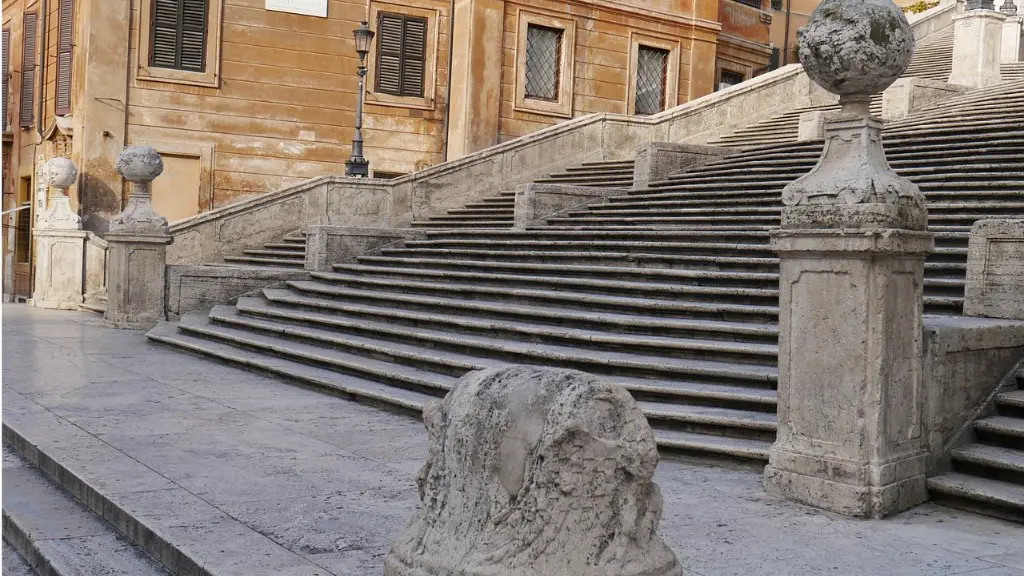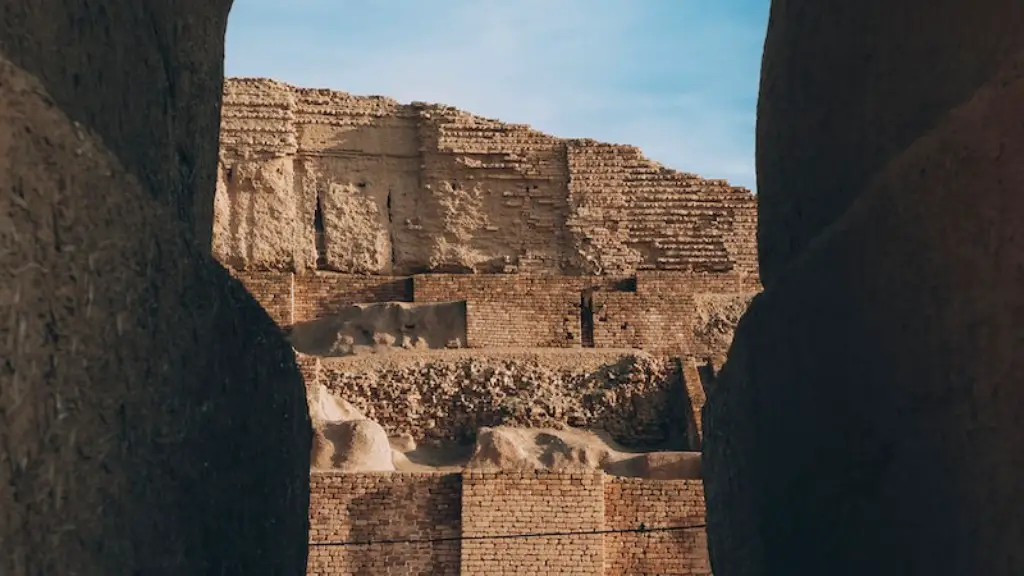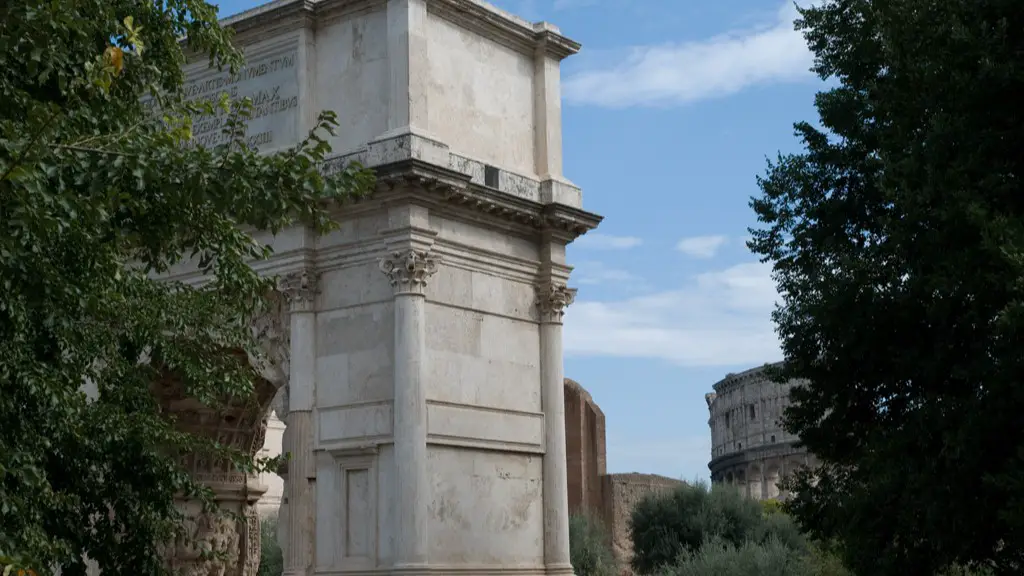One of the most infamous and renowned barbarians to attack the ancient city of Rome was Alaric I, leader of the Visigoths. Born in what is now modern-day Serbia, Alaric’s people were originally a coalition of Goths, or north Germanic tribes, who had occupied what is now modern day Hungary in 375 A.D.
During the mid 5th century, Alaric led his people in a revolt against the Roman Empire and its aged Emperor, Honorius. It was during this revolt that Alaric took Rome in 410 A.D. and sacked the city, devastating the great civilization.
This marked the first time in 800 years that Rome had been taken by a non-Roman force, and caused great shock and worry across Europe. Alaric offered to spare Rome, on conditions that the Roman government pay a large indemnity sum. This however, was refused.
Alaric then, with his formidable army – often referred to as ‘barbarians’ – plundered and pillaged the city, destroying and looting any kind of asset they could find. It is said that Alaric even looted the city’s famed treasures, such as jewelry and artwork.
The siege of Rome, which lasted the entirety of three days, ended in all of Rome falling to the hands of Alaric and his army. Alaric was later said to have addressed the Roman Senate, declaring that he had acted not out of anger but out of necessity – “I am not a robber, but am impelled by dire necessity.” said the barbarian leader.
Following the siege of Rome, Alaric continued to lead other campaigns against the Roman Empire. His ultimate goal was to acquire land for his people, and after each campaign, he would take whatever land he could acquire and establish Visigothic settlements.
Alaric died after the siege of Rome, his death the cause of a long-standing mystery. Some say he died of a fever, some suggest he was assassinated, however one thing is for certain – he would forever be remembered in Roman records as a great warrior, and the most famous barbarian that ever attacked Rome.
Alaric I’s legacy
Alaric’s legacy lives on centuries after his death, and remains cemented in the narrative of European history. His revolt against Rome opened up the foreign invasions of Europe, and his sack of Rome eventually led to the eventual fall of the Roman Empire. This single event changed the course of Western history forever.
Alaric was a fierce warrior and leader of his people who often opposed the Roman Empire, and yet his story is often overshadowed by the power of Rome. Study and analysis of Alaric and his people taught us lessons about courage and determination. He embodied the spirit of all those oppressed and struggling people who want to gain their own freedom.
Alaric’s actions and successes became an inspiration for others to seek power, freedom and victory. His story is one of courage and honor, as he was willing to rebel against an empire which was the most powerful in Europe at that time.
Alaric’s legacy and courageous actions will live forever, as his story is seen as a classic example of how courage and determination succeed even against great odds.
Impact of Alaric I
Alaric’s attack on Rome not only had a profound impact on the Roman Empire, but also on the course of history. It marked the end of the Roman Empire in Western Europe, and the start of the Middle Ages. It also showed that Rome was no longer invincible, which had previously been assumed.
Alaric’s raids and conquests posed a huge risk of destabilization throughout Europe, as his conquests gave rise to the power of ‘barbarians’, and eventually led to the rise of new empires. In this process, old systems were replaced and new ones were established, such as the creation of the Carolingian Empire.
While Alaric succeeded in his own plan to force the Roman Empire to pay for his people’s freedom, he was largely responsible for the fall of the Western Roman Empire. His impact on the Roman Empire and Europe can still be felt centuries later, as the events of his time changed the course of Western history.
Analysis of Alaric I
Alaric I was a great leader of his people, and a fierce and powerful warrior who was able to achieve great victories in spite of the odds against him. It was Alaric’s courage and determination that allowed him to succeed in his endeavor to free his people and gain land, and to later loot and pillage the great city of Rome.
Alaric was able to do this not only because of his own prowess in battle, but also due to his unique ability to strategize and utilize his resources and people in a manner that was successful. This can be seen through his strategies during his sieges and campaigns, as well as his refusal of the Roman offer to pay a large indemnity in exchange for sparing Rome.
Alaric’s greatness and his lasting impact on European history can best be seen in his sack of Rome, a decision which had a lasting impact. His courage and determination were unmatched and a testament to the spirit of all oppressed and struggling people who seek to gain their own freedom.
The Legacy of Barbarism
The concept of ‘Barbarism’, or the belief in the supremacy of the barbarian and their methods of warfare and conquest, played a key role in the fall of the Roman Empire, and the rise of new empires and states in Europe. The concept of ‘barbarism’, which was defined by the Roman Empire, was interpreted by the different tribes such as the Goths and Visigoths as symbolic of strength and courage.
The barbarian tribes viewed ‘barbarism’ as a means of expressing their autonomy, and as a source of pride and strength. They viewed their own methods of warfare and social norms as superior to, and different from, that of the Roman Empire, and used ‘barbarism’ as a way to separate themselves from the Roman Empire.
The legacy of ‘barbarism’ can still be seen today, with many cultures and people valuing the strength and courage often associated with such a term. While the Roman Empire may have viewed ‘barbarism’ as negative, in many cultures and contexts, such as with Alaric and his people, it is seen as admirable.
Relevance of Alaric I
Alaric I was a powerful and influential barbarian leader who was able to achieve great success against what was at that time the most powerful empire in Europe. His impact was so immense that it changed the course of European and world history, and his story remains a popular topic of discussion centuries after his death.
Alaric’s story is still relevant today and serves as an example of courage, honor and strength in the face of great odds. His actions and successes have served as a source of inspiration for many and have even been included in popular culture, with many books, movies and games featuring him and his people as a subject.
Alaric I stands as an example of what one can achieve when armed with courage and resolve, and his legacy remains as a testament to his greatness and his impact on European and world history.





